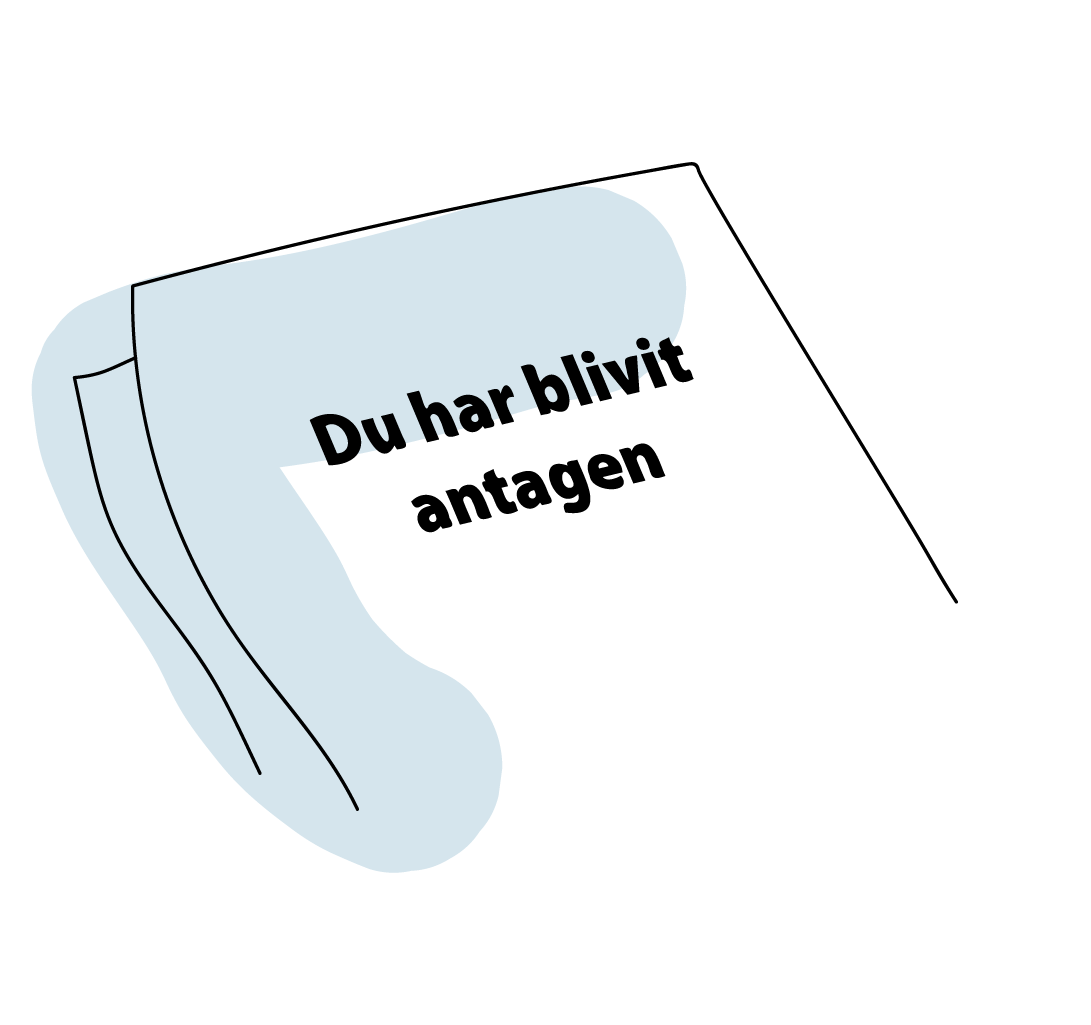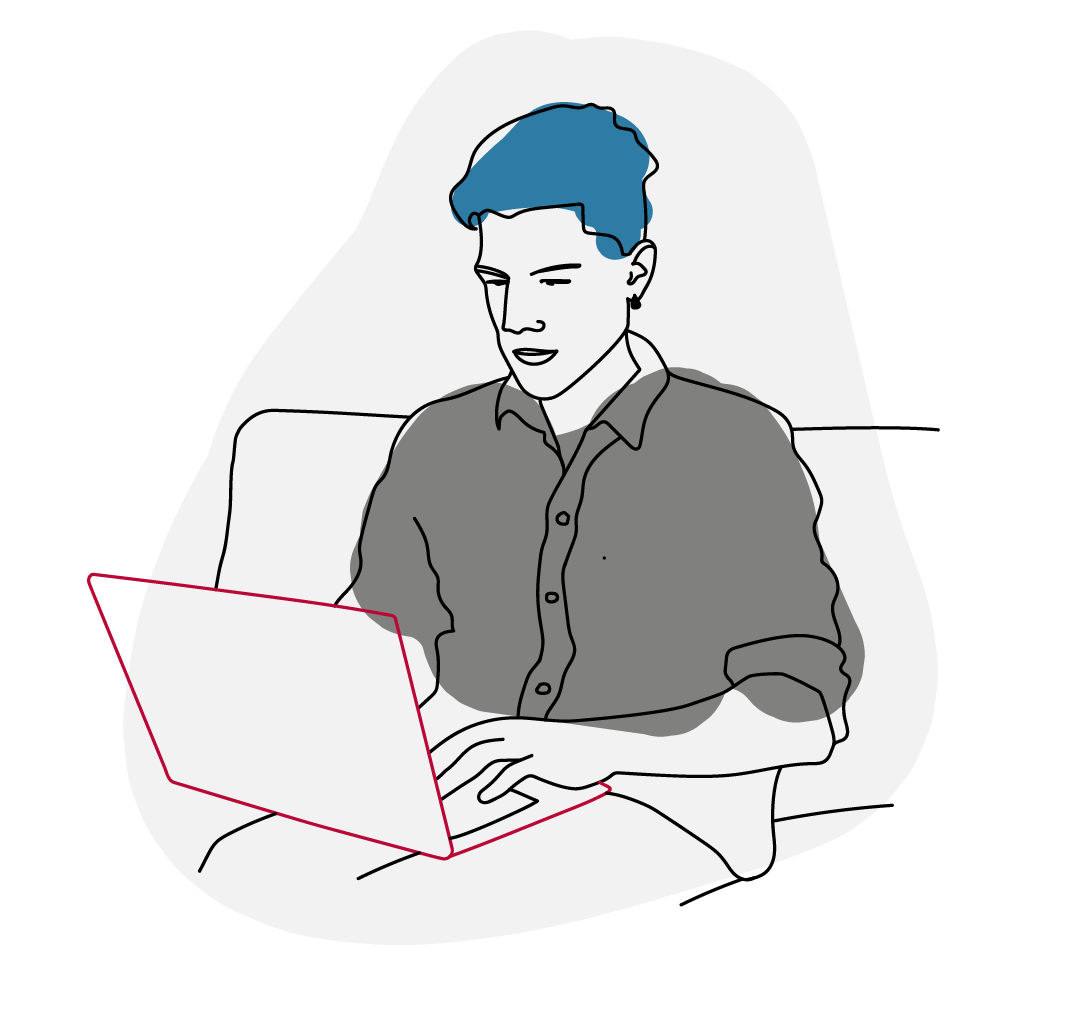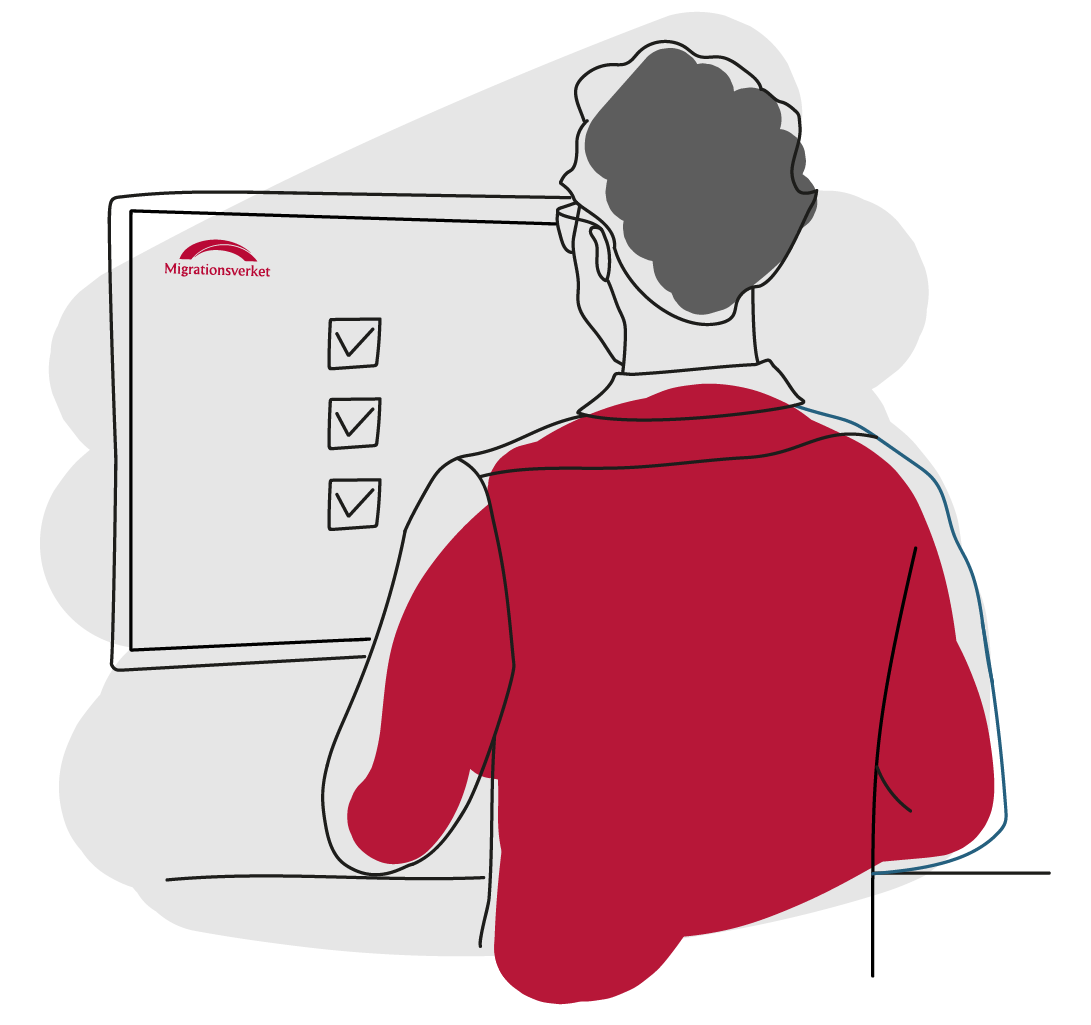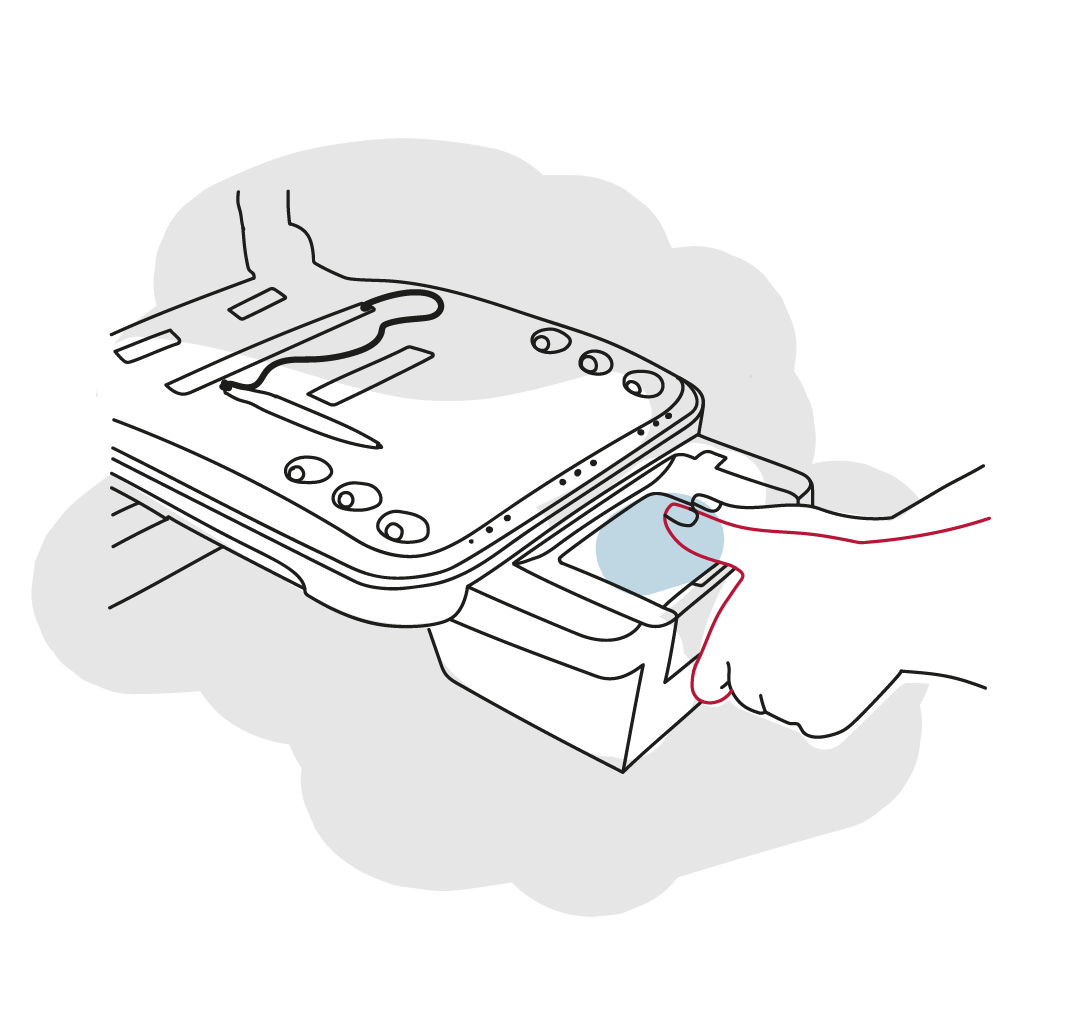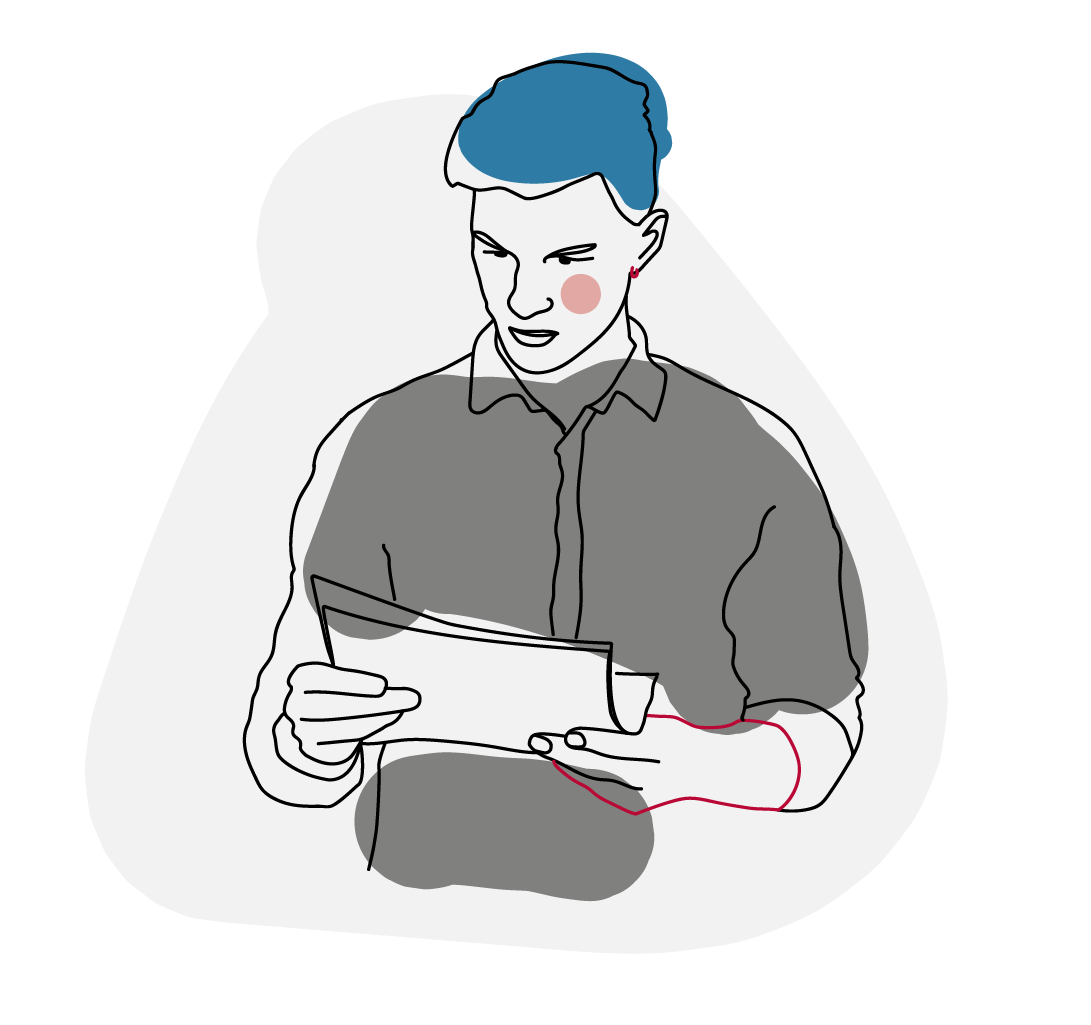Other rules apply if you are a citizen of the EU/EEA or Switzerland, or if you have long-term resident status in another EU country.
EU/EEA citizens with right of residence
If you are an EU/EEA citizen, you have the right to live in another EU/EEA country if you fulfil the requirements for right of residence through work, your own company, your studies, or by having sufficient funds to support yourself. If you have right of residence, you do not need to apply for a residence permit to live in Sweden.
EU/EEA citizens
Swiss citizens
If you are a citizen of Switzerland, you can move to Sweden to work, study, start your own business, or live on your own funds. If you want to remain in Sweden for longer than three months, you must apply for a residence permit for Swiss citizens.
You want to apply – Swiss citizens
If you have long-term resident status in another EU country
If you have long-term resident status in another EU country, you can move to Sweden to work, study or live on your own funds. If you plan to stay longer than three months, you need to apply for a residence permit for long-term residents.
You want to apply – Long-term residents in another EU country
